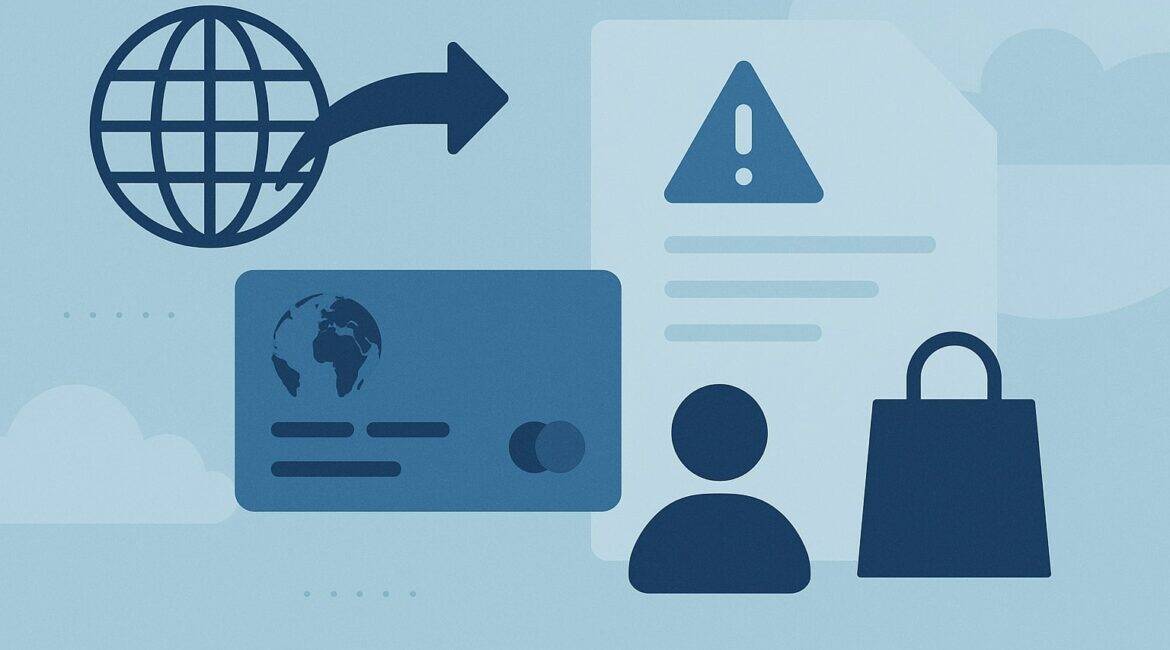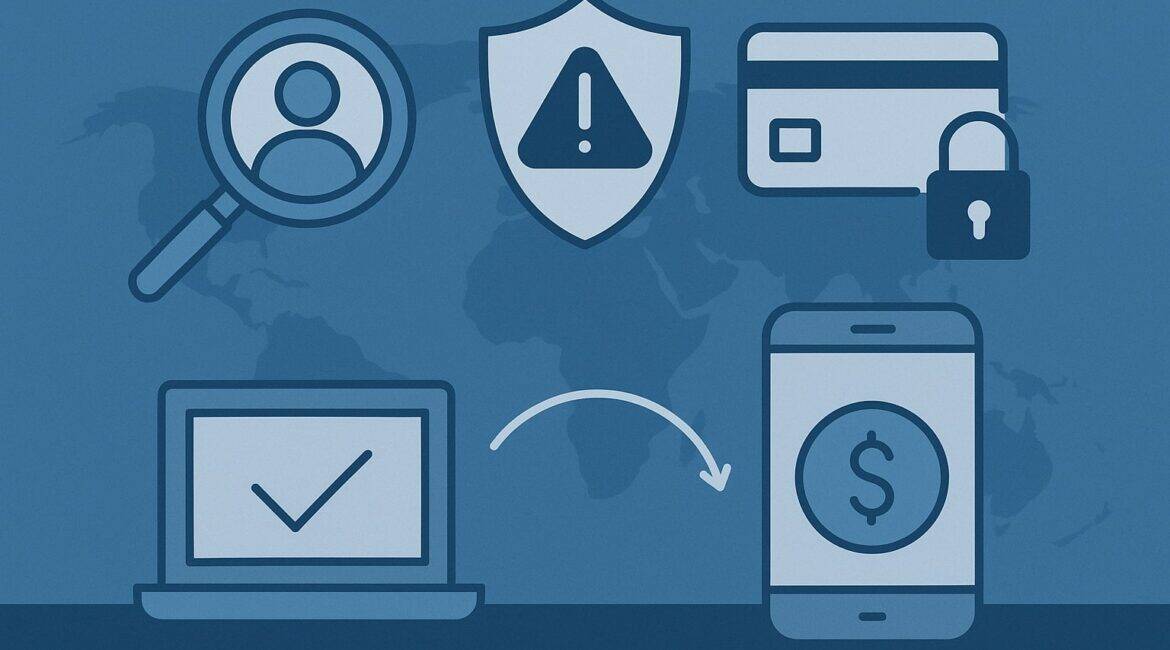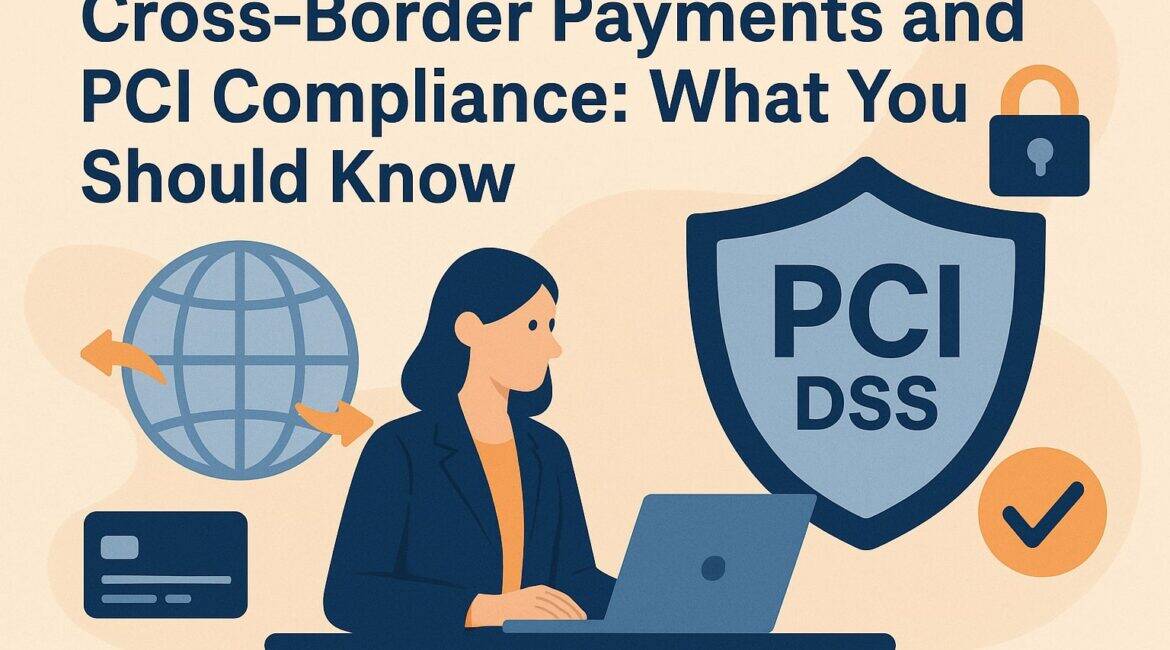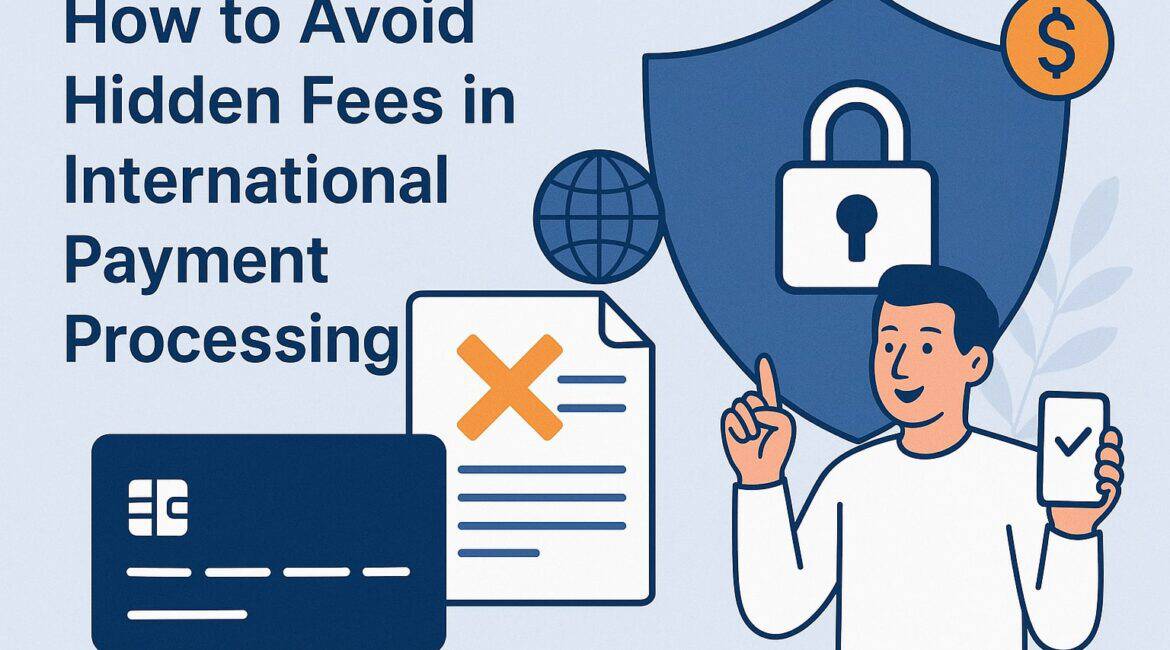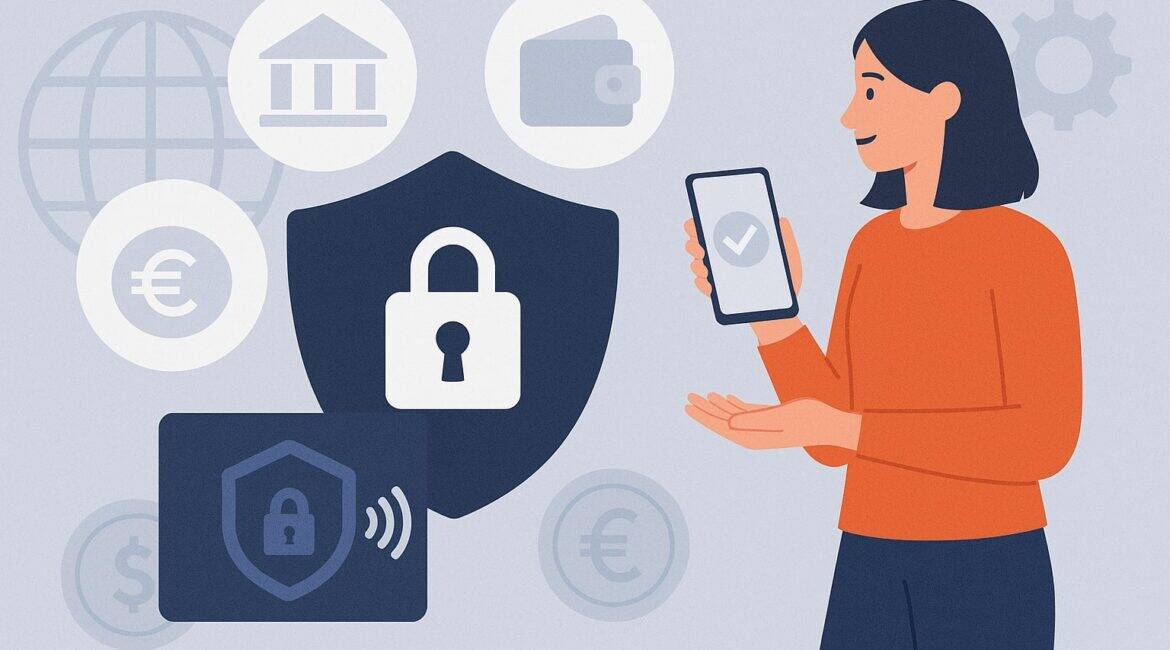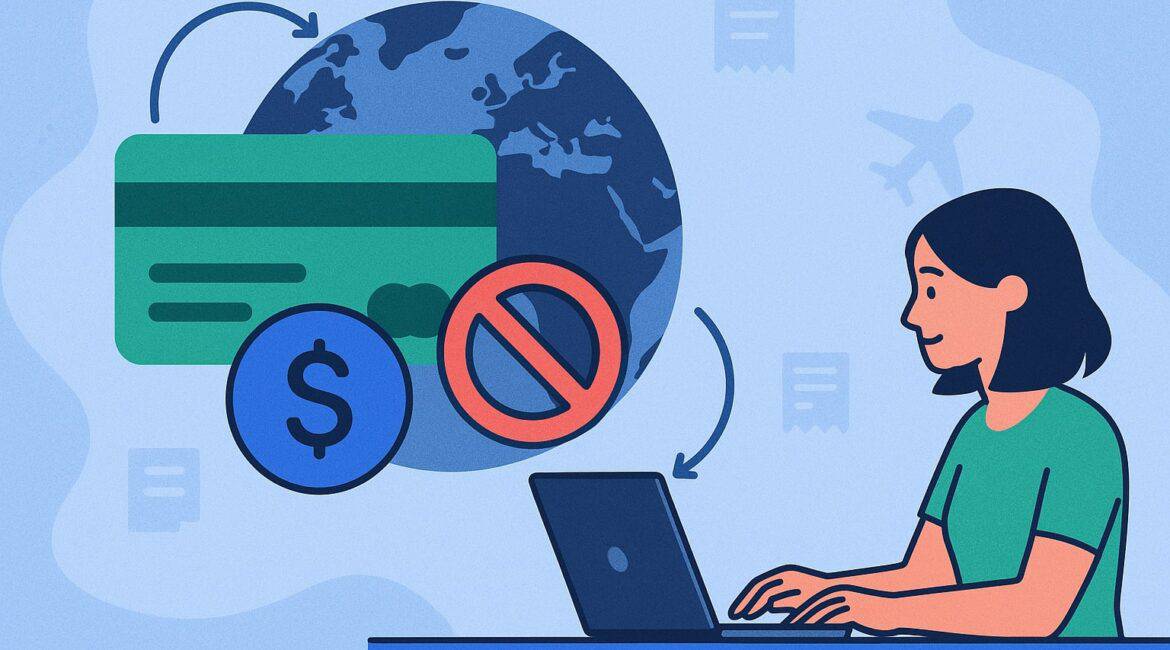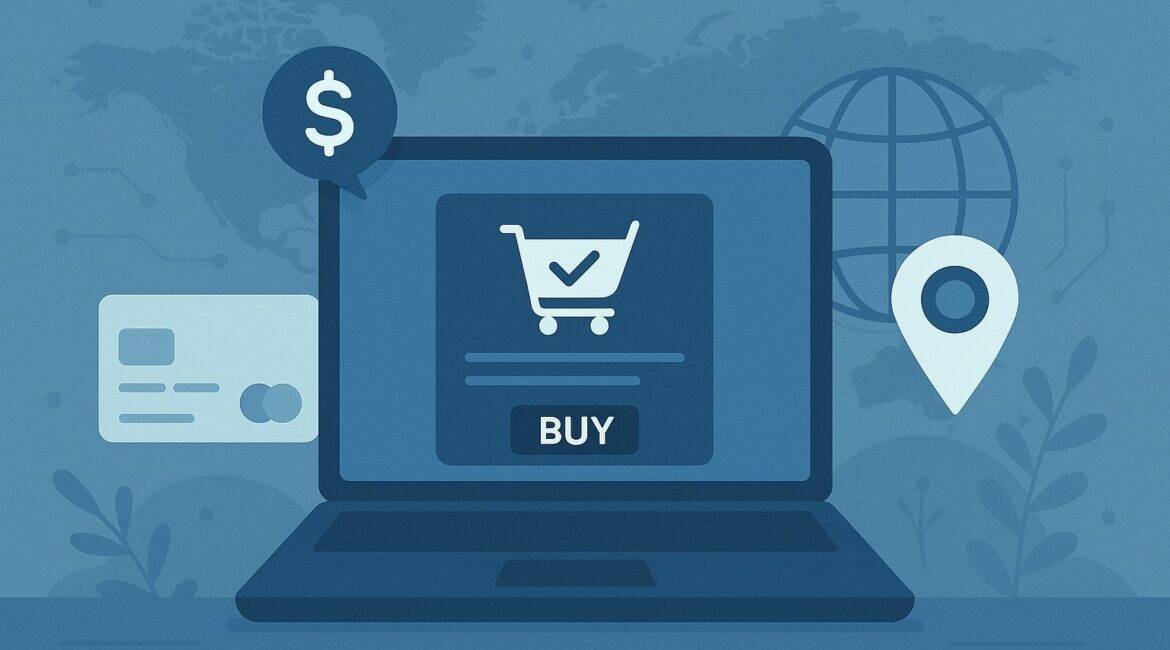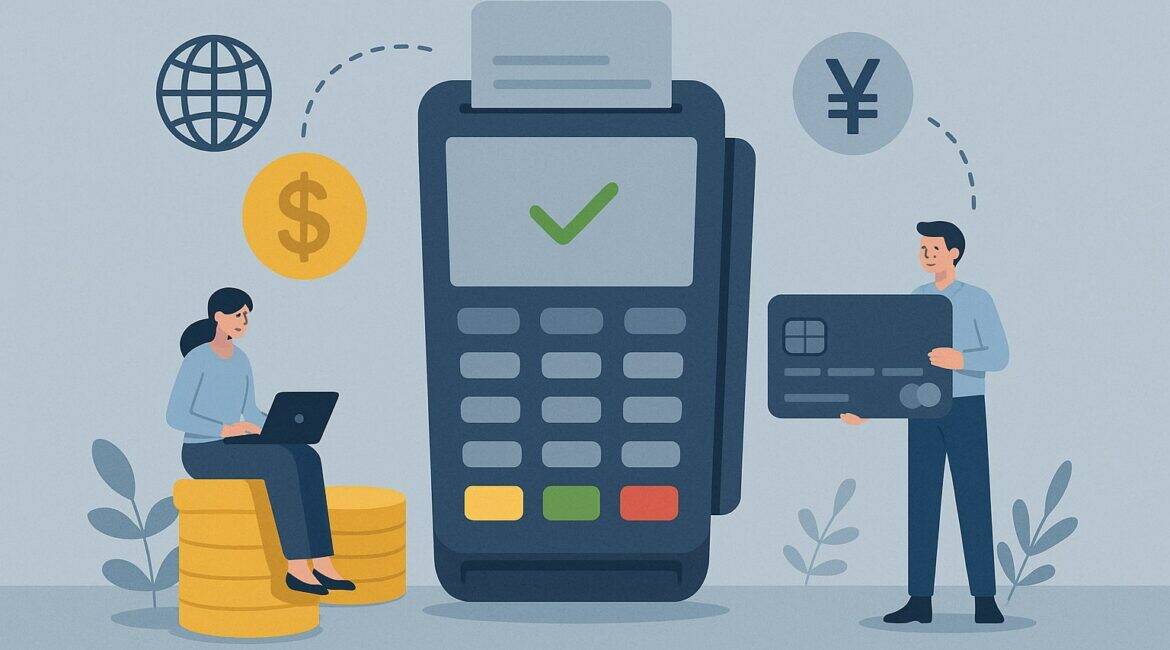Cross-border chargebacks are a reality for any business selling to customers in other countries. Whether you run an eCommerce brand shipping globally or accept in-person cards from international travelers, cross-border chargebacks can strain operations, reduce margins, and complicate compliance. This guide explains how cross-border chargebacks work, why they happen, and...
How GDPR Impacts International Payment Data
The General Data Protection Regulation (GDPR) reshaped how organizations collect, use, and move personal data across borders—especially financial details that travel through global payment rails. For payment processors, gateways, acquirers, issuers, and merchants that touch “international payment data,” the GDPR introduces strict duties around lawful processing, security, transparency, and cross-border...
How to Handle Fraud Prevention in International Payments
In an era of global commerce and digital cross-border transfers, fraud prevention in international payments is more critical than ever. With evolving fraud techniques—such as synthetic identity schemes, deepfake impersonation, account takeover, and social engineering—organizations must adopt a multi-layered, proactive strategy to protect revenue, reputation, and compliance. This article provides...
Cross-Border Payments and PCI Compliance: What You Should Know
Cross-border payments and PCI compliance are deeply connected. Any business that accepts cards from international customers—whether through an online checkout, marketplace, or global invoice—moves sensitive cardholder data through networks, gateways, processors, and banks that may sit in multiple jurisdictions. That creates technical, legal, and security complexity that you must manage...
How to Avoid Hidden Fees in International Payment Processing
International payment processing is a necessity for businesses conducting transactions across borders. However, hidden fees often catch merchants and customers off guard, shrinking profit margins and undermining trust. This guide explores in detail how to avoid hidden fees in international payment processing, what causes them, and what best practices and...
Negotiating Better Rates for International Card Processing
Winning lower costs for international card processing isn’t about a single silver bullet. It’s a methodical mix of data preparation, pricing-model fluency, risk optimization, and hard-nosed commercial negotiation. In this comprehensive guide, you’ll learn how to decode fees, benchmark offers, and negotiate confidently with acquirers and PSPs so you can...
Best Alternative Payment Methods to Avoid Cross-Border Costs
Cross-border payments power global commerce, but they also carry hidden friction: foreign exchange (FX) spreads, correspondent banking fees, card scheme markups, and compliance overhead. Choosing the best alternative payment methods to avoid cross-border costs can reduce your total cost of acceptance, speed up settlement, and improve authorization rates. In this...
How to Avoid Cross-Border Fees on International Transactions
Paying or getting paid across countries doesn’t have to be expensive. Yet many people and businesses still lose money to cross-border fees: foreign transaction fees, card network assessments, dynamic currency conversion (DCC) markups, intermediary bank charges, and surprise FX spreads. This guide explains what those cross-border fees are, why they...
How to Improve Checkout for International Customers
Expanding beyond your home market is exciting—until your conversion rate drops when foreign shoppers reach the final step. The truth is simple: if you want to improve checkout for international customers, you must design every stage of payment, compliance, and fulfillment for cross-border realities. Global buyers face different currencies, languages,...
Best Practices for Accepting Payments in Multiple Currencies
Accepting payments in multiple currencies unlocks new markets, raises conversion rates, and helps your brand feel “local” to international customers. When you let buyers pay in their preferred currency, you reduce cognitive load, prevent checkout surprise, and simplify reconciliation across regions. Yet succeeding with payments in multiple currencies is not...
